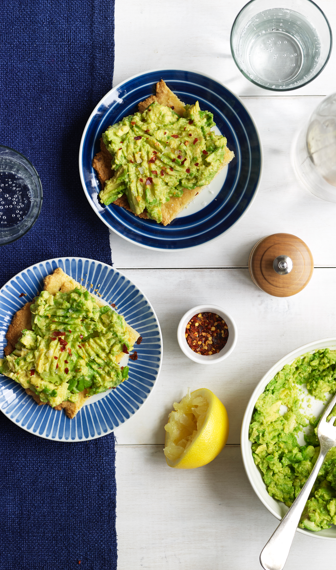The following information is available at Pub Med and was not written by Atkins professionals.
American Journal of Medicine
Seshadri, P., Iqbal, N., Stern, L., Williams, M., Chicano, K.L., Daily, D.A., McGrory, J., Gracely, E.J., Rader, D.J., Samaha, F.F., “A Randomized Study Comparing the Effects of a Low-Carbohydrate Diet and a Conventional Diet on Lipoprotein Subfractions and C-Reactive Protein Levels in Patients with Severe Obesity”, American Journal of Medicine, 117(5), 2004, pages 398-405.
PURPOSE:
To compare the effects of a low-carbohydrate diet and a conventional (fat- and calorie-restricted) diet on lipoprotein subfractions and inflammation in severely obese subjects.
METHODS:
We compared changes in lipoprotein subfractions and C-reactive protein levels in 78 severely obese subjects, including 86% with either diabetes or metabolic syndrome, who were randomly assigned to either a low-carbohydrate or conventional diet for 6 months.
RESULTS:
Subjects on a low-carbohydrate diet experienced a greater decrease in large very low-density lipoprotein (VLDL) levels (difference = -0.26 mg/dL, P = 0.03) but more frequently developed detectable chylomicrons (44% vs. 22%, P = 0.04). Both diet groups experienced similar decreases in the number of low-density lipoprotein (LDL) particles (difference = -30 nmol/L, P = 0.74) and increases in large high-density lipoprotein (HDL) concentrations (difference = 0.70 mg/dL, P = 0.63). Overall, C-reactive protein levels decreased modestly in both diet groups. However, patients with a high-risk baseline level (>3 mg/dL, n = 48) experienced a greater decrease in C-reactive protein levels on a low-carbohydrate diet (adjusted difference = -2.0 mg/dL, P = 0.005), independent of weight loss.
CONCLUSION:
In this 6-month study involving severely obese subjects, we found an overall favorable effect of a low-carbohydrate diet on lipoprotein subfractions, and on inflammation in high-risk subjects. Both diets had similar effects on LDL and HDL subfractions.
The following information was written by Atkins professionals.
Severely obese individuals instructed to consume either a low carbohydrate diet (<30 g cho/day) or a hypocaloric conventional diet (<30% calories from fat) had similar favorable effects on LDL and HDL cholesterol after 6 months. However, individuals on the low-carb diet experienced a greater reduction in large VLDL particles than on the conventional diet. Additionally, the low carb diet produced greater weight loss, a greater decrease in triglyceride, and a greater increase in insulin sensitivity. C-reactive protein reductions were significant only in the highest risk individuals (those with diabetes and/or metabolic resistance) following the low carb diet. These results suggest that severely obese individuals, especially those with other conditions associated with obesity, who follow a low carbohydrate diet may have beneficial effects on insulin resistance, blood lipids and markers of inflammation.

